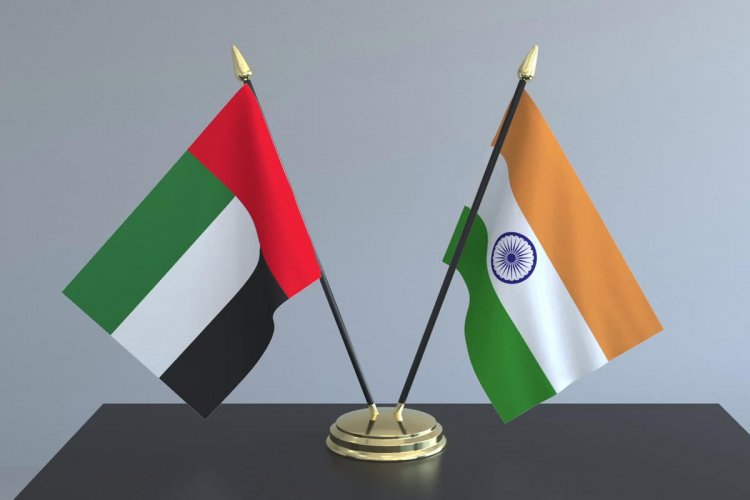India - UAE: Strengthening Close Relationship
STORIES, ANALYSES, EXPERT VIEWS

PM Modi’s seventh to the UAE since 2014 indicates the government’s desire to signal more about the salience and prominence of the Emirates, than it has with any of the other country in the Gulf region.
Trade and economic cooperation
The 10 bilateral agreements signed were significant according to The Hindu. “The speed with which India and the UAE concluded the Comprehensive Economic Partnership Agreement (CEPA) in 2022 has been matched by last week’s Bilateral Investment Treaty (BIT). This makes the UAE not only the first country the Modi government has signed these agreements with but also the only country that India has both a trade and an investment agreement with. The UAE is now India’s third largest trading partner, India’s second largest export destination, and fourth largest source of FDI. The inauguration of the Bharat Mart for Indian MSMEs is also expected to strengthen trade ties.”
A second raft of agreements “dealt with technological ties including building digital infrastructure; R&D for energy security and trade focusing on green hydrogen and energy storage, and digital cross-payments.”
Strategic cooperation: Third, "the Agreement for an Intergovernmental Framework on the India-Middle East Economic Corridor paves the way for multilateral cooperation between the two countries, that also coordinate over the I2U2 initiative with the U.S. and Israel, and, from 2024, will cooperate within the BRICS framework, as the UAE is now a member. Finally, the discussions on the Israel-Gaza operations and the Red Sea attacks, indicate that in a region roiled by conflict, India considers the UAE to be a stable interlocutor.”
Concerns
While India’s technological prowess and the UAE’s positioning as a trade and industry hub bring complementarities, The Hindu writes the “changes in their polity and societies bring possible friction points. As the UAE, a theocratic monarchy, seeks to democratise its governance and have a more pluralistic system, such as the decision on the temple in Abu Dhabi, it has expressed concern over the rise of majoritarian and sectarian forces in India. To that end, Mr. Modi’s words in Abu Dhabi, where he rejoiced in the mutual values of tolerance and pluralism, and ‘shared heritage of humanity’ may be the most significant bonds between the two countries separated by the Arabian Sea.”
Tolerance taking root in UAE
The ruler of Abu Dhabi Sheikh Mohamed bin Zayed Al Nahyan (MBZ), writes Vivek Katju (Former Secretary, Ministry of External Affairs) “is committed to the virtues of tolerance, understanding between different faiths, acceptance and coexistence. His views are also shared, to a significant degree, by the country’s Vice-President and the ruler of Dubai, Sheikh Mohammed bin Rashid Al Maktoum, who has permitted the construction of a large Hindu temple and gurdwara in the Jebel Ali area of Dubai….”
MBZ clearly follows a “liberal and enlightened approach. It also seeks to negate the view that Islam preaches extremism and violence. This view has gained ground in large parts of the non-Muslim world because of the theologies and violence practised by groups such as al-Qaeda, Islamic State, Lashkar-e-Taiba, the Afghan Taliban and the like. The UAE was one of the three countries which recognised the Taliban government of Mullah Omar in the 1990s; the other two were Saudi Arabia and Pakistan. In this light, the policy and practice of tolerance and coexistence during MBZ’s rule is amazing."
It is also remarkable, emphasises Katju “that he has been able to overcome the opposition that would have surely come from the conservative Wahhabi ulema on allowing non-Islamic places of worship to come up in Abu Dhabi, such as the BAPS temple. It is too early to assess if this signifies that a change is taking place in the Wahhabi mazhab itself…..”
















